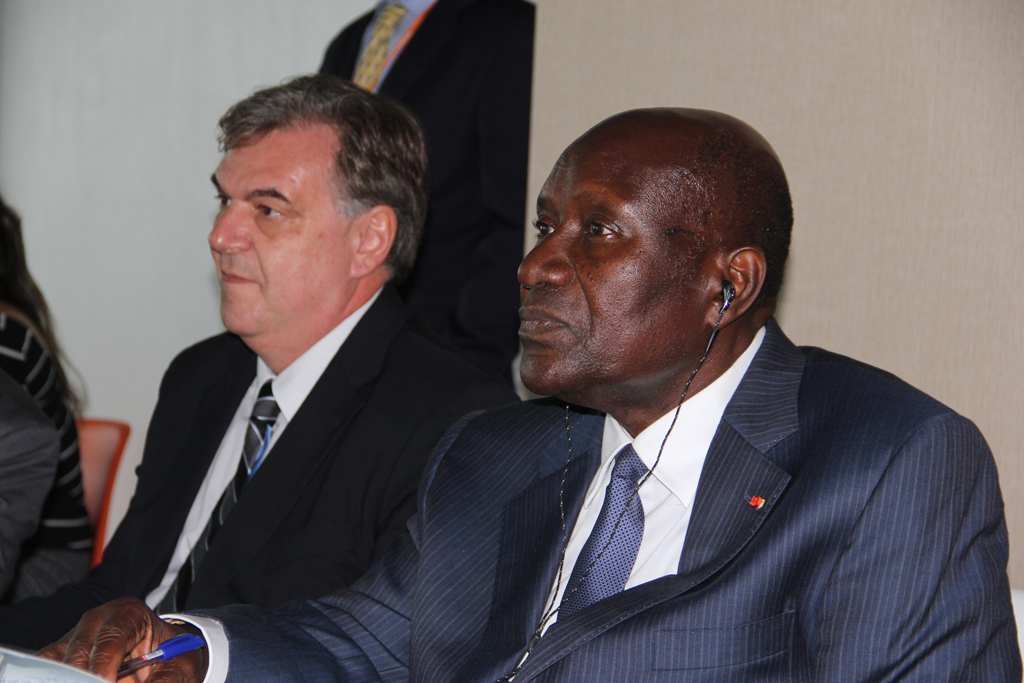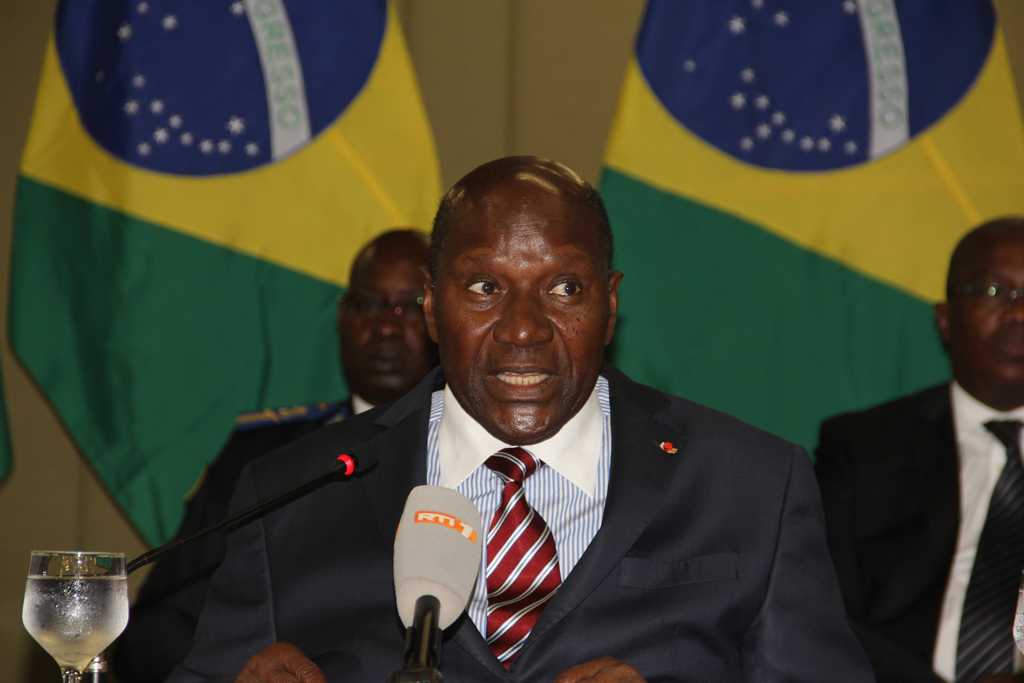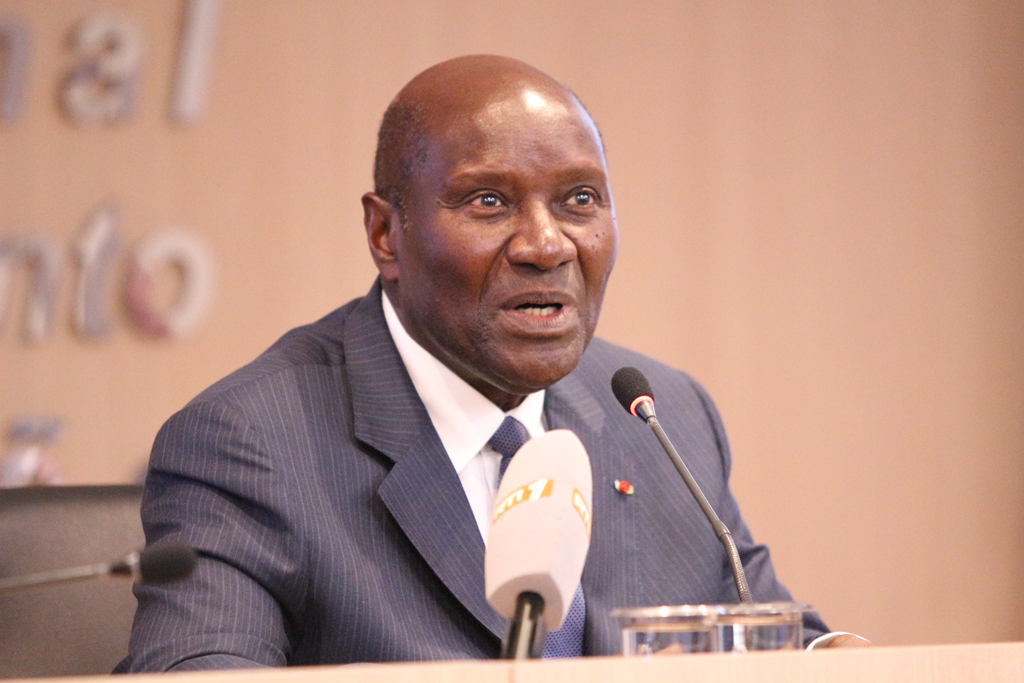Côte d’Ivoire is a growing force in Africa, with a strong agricultural sector. However, the country still has challenges in areas such as education, health, and food security. Data from 2015 show that 12.8 percent of homes are food insecure, and the situation is worst in rural areas, with 15 percent of homes facing food insecurity. To address these challenges, the government is committed to building a Zero Hunger strategy for the country, under the leadership of vice-president Daniel Kablan Duncan.

A delegation from Côte d’Ivoire was in Brazil on 13-15 December to strengthen knowledge exchange with Brazil in the areas of school feeding, food security, and social protection. Under the leadership of vice-president Duncan, the delegation met with several Brazilian authorities to learn about the policies that integrate Brazil’s strategy to ensure food security, rural development and nutrition. On the last day, they engaged in a field trip to a smallholder farmers’ cooperative to understand the role of public food purchase in promoting rural development.
Brazilian policies
The delegation had meetings with the Brazilian minister of Foreign Affairs, Aloysio Nunes, and with the minister of Social Development, Osmar Terra. “Brazil is an example of progress and a fundamental cooperation partner for the development of Côte d’Ivoire,” said vice-president Duncan to minister Terra.

With the Secretariat of Smallholder Farming, they discussed the different policies and programmes in place to ensure food security and income for rural families. The delegation also had the opportunity to meet the executive secretary of the Brazilian National Council of food Security (CONSEA) to discuss the general strategies followed by Brazil to achieve food security and nutrition for all. Other meetings included the National Supply Company and the Ministry of Health.
School feeding
In a meeting with the Ministry of Education and the National Fund for the Development of Education (FNDE), the delegation received extensive information about the Brazilian school feeding programme.

In Brazil, every student enrolled in public school receive at least one meal per day. The school feeding programme feeds 43 million children and adolescents every day and is considered a model for the world, due to its legal, political, and financial frameworks.
Another key aspect of the school feeding programme is the rule that establishes that 30 percent of the food budget must be used to purchase food produced by smallholder farmers. This measure impacts significantly the income and food security of these farmers.
“We hope to learn from the Brazilian experience and, as very good students, we want to learn so much that we will be able to also teach about school feeding,” said vice-president Duncan during the meeting with the Ministry of Education.
The study visit of Côte d’Ivoire was organized by the WFP Centre of Excellence against Hunger, the World Food Programme country office in Côte d’Ivoire, and the Brazilian Cooperation Agency. Besides the members of the Ivorian government, Abdou Dieng, director of the WFP regional bureaux for West Africa, Adeyinka Abosede Badejo, WFP country office director, and Chris Toe, programme policy expert in Rome, also integrated the delegation.




